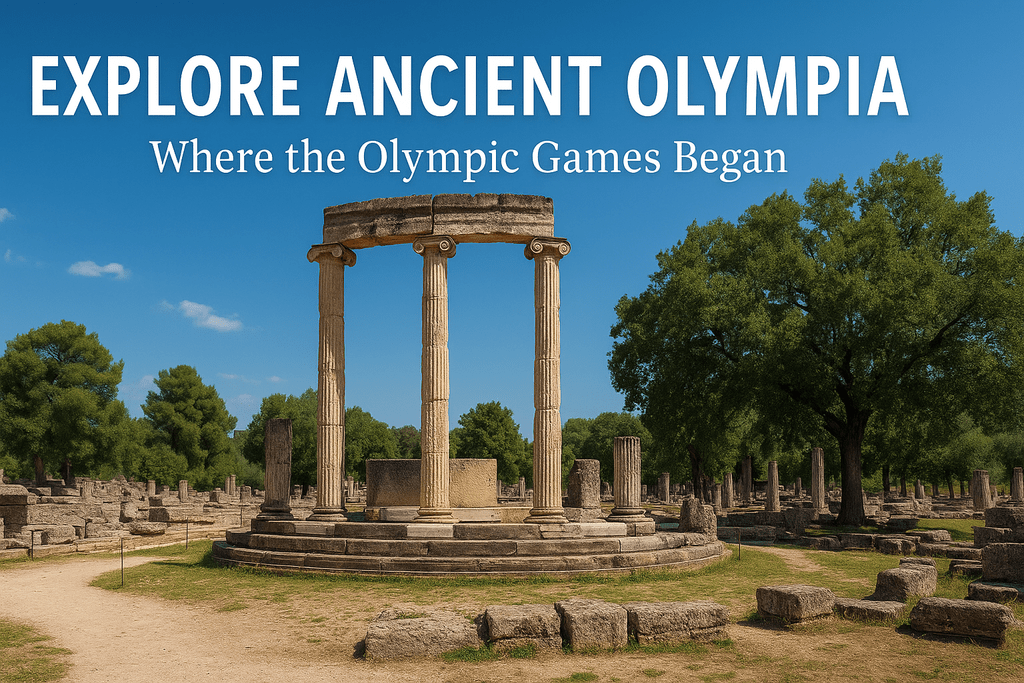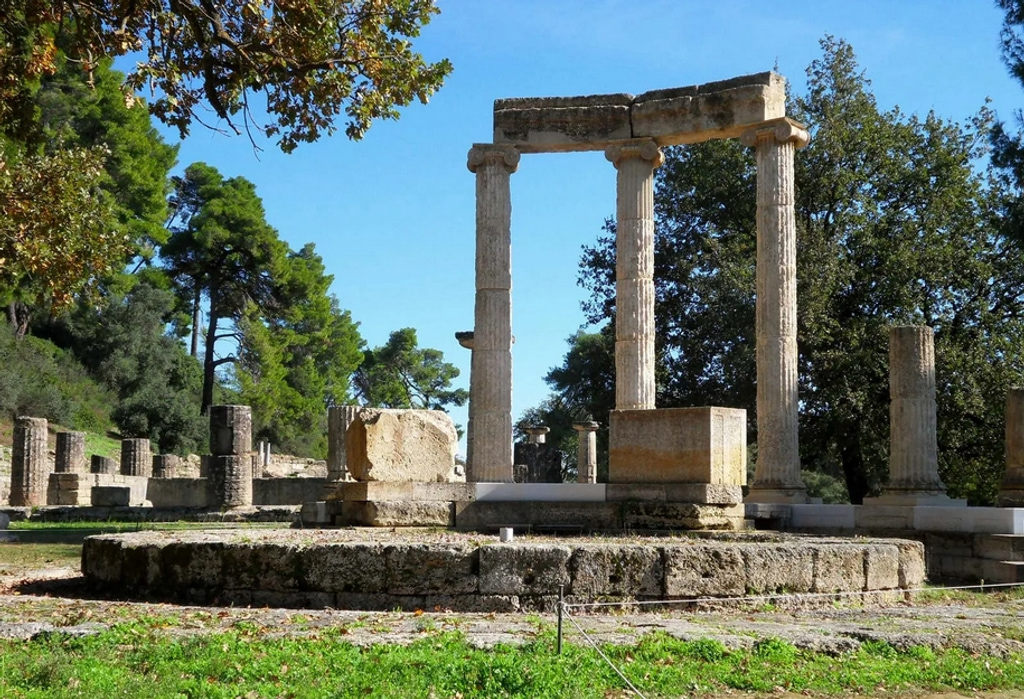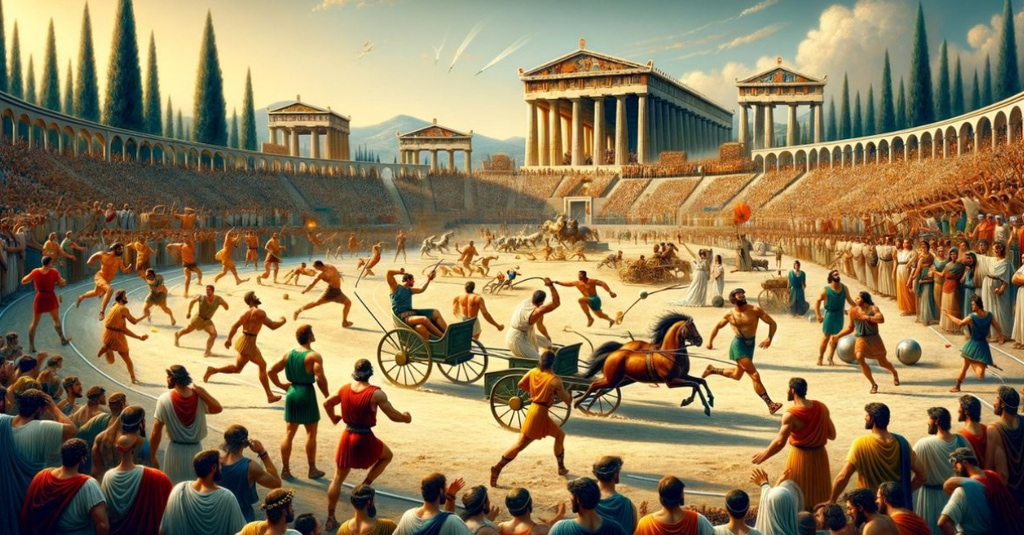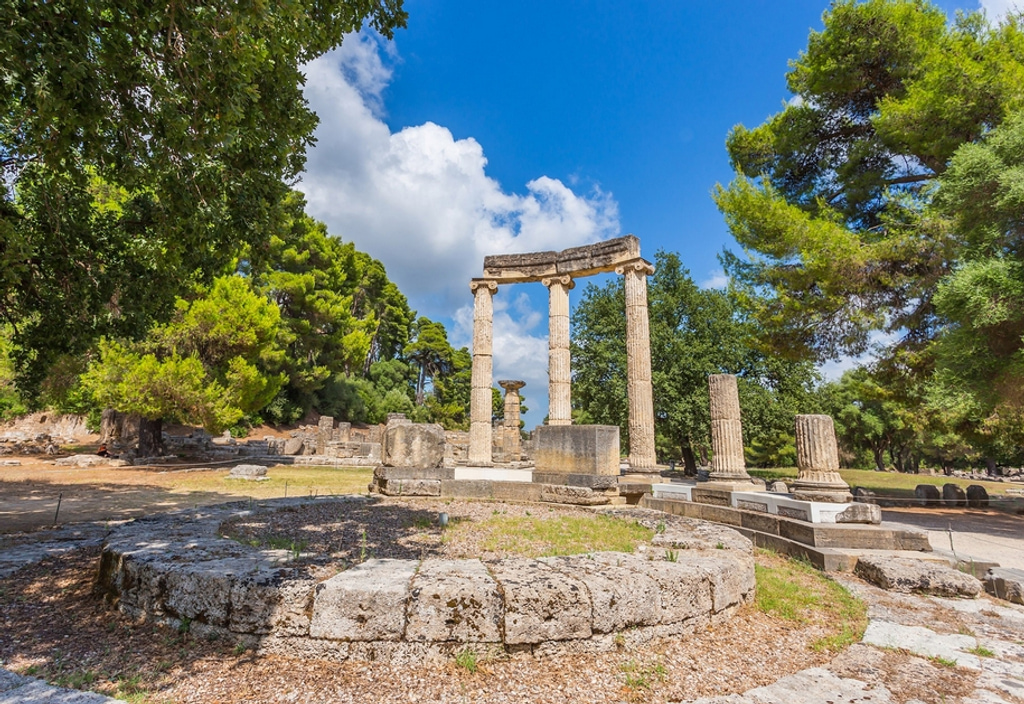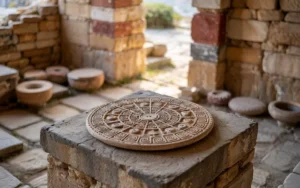Explore Ancient Olympia – Where the Olympic Games Began
Nestled in the verdant valley of the Alpheus River in the western Peloponnese, Ancient Olympia stands as a testament to the enduring legacy of athleticism, spirituality, and unity. As the birthplace of the Olympic Games, this sacred site was not merely a sporting arena but a cultural and religious hub that brought together the diverse city-states of ancient Greece. Today, the ruins of Olympia offer a glimpse into a world where competition and devotion were intertwined, and where the pursuit of excellence was both a physical and spiritual endeavor.
The Origins of the Olympic Games
A Sacred Beginning
The inception of the Olympic Games dates back to 776 BCE, marking the first recorded Olympiad. Held every four years, these games were part of a religious festival honoring Zeus, the king of the Greek gods. Athletes from various Greek city-states would gather in Olympia to compete, seeking not only personal glory but also to pay homage to the divine. The games were deeply rooted in religious tradition, with rituals and sacrifices performed to ensure the favor of the gods.
Mythological Foundations
Greek mythology offers rich narratives about the origins of the Olympic Games. One legend attributes the founding of the games to Heracles, who established them in honor of his father, Zeus, after completing his twelve labors. Another tale speaks of Pelops, a hero who won a chariot race against King Oenomaus to marry his daughter, Hippodamia, and subsequently instituted the games as a commemorative event. These myths underscore the games’ deep connection to divine worship and heroic feats.
The Structure of the Games
Events and Competitions
The ancient Olympic Games featured a variety of events that tested the physical prowess of the competitors. Initially, the games included only a single footrace, the stadion. Over time, the roster expanded to encompass additional footraces, wrestling, boxing, the pentathlon (comprising running, long jump, discus throw, javelin throw, and wrestling), and equestrian events like chariot racing. These competitions were designed to showcase the ideal Greek virtues of strength, speed, and skill.
Participation and Prizes
Participation in the Olympic Games was initially restricted to freeborn Greek men. Athletes competed nude, a practice that celebrated the human form and emphasized equality among competitors. Victors were crowned with olive wreaths, symbolizing honor and achievement. Beyond the games, winners often received substantial rewards from their home cities, including monetary prizes, public honors, and lifelong privileges.
The Sanctity of Olympia
Religious Significance
Olympia was more than a sports venue; it was a sacred sanctuary dedicated to Zeus. The site housed numerous temples and altars, with the Temple of Zeus being the most prominent. This temple once contained the colossal Statue of Zeus, crafted by the renowned sculptor Phidias, which was considered one of the Seven Wonders of the Ancient World. Religious ceremonies, including sacrifices and offerings, were integral to the games, reinforcing the spiritual dimensions of the event.
Architectural Marvels
The archaeological site of Olympia encompasses a range of structures that reflect its religious and athletic functions. Key edifices include the Temple of Hera, the Philippeion (a circular memorial dedicated to Philip II of Macedon and his family), and the ancient stadium, which could accommodate approximately 45,000 spectators. The layout of Olympia illustrates the harmonious blend of sacred spaces and athletic facilities, embodying the Greek ideal of a balanced life.
The Decline and Rediscovery
The End of the Ancient Games
The ancient Olympic Games persisted for over a millennium, concluding in 393 CE when Emperor Theodosius I banned pagan festivals as part of the Christianization of the Roman Empire. Subsequently, the site of Olympia fell into decline, and its structures were gradually buried by natural disasters and the passage of time.
Archaeological Excavations
Interest in Olympia was rekindled in the 18th and 19th centuries, leading to systematic archaeological excavations. These efforts unearthed significant artifacts and structures, providing invaluable insights into ancient Greek civilization. Today, the Archaeological Museum of Olympia houses many of these discoveries, including sculptures, votive offerings, and tools used by athletes, offering a tangible connection to the past.
Olympia’s Legacy in the Modern World
Revival of the Olympic Spirit
The modern Olympic Games, revived in 1896 by Baron Pierre de Coubertin, drew inspiration from their ancient predecessors. While contemporary games have evolved to include a broader range of sports and participants from around the globe, they continue to uphold the principles of excellence, friendship, and respect that were central to the ancient games.
The Olympic Flame
A symbolic link between the ancient and modern games is the Olympic flame. Before each modern Olympics, a flame is ignited in Olympia using a parabolic mirror to focus the sun’s rays, signifying purity and the enduring legacy of the games. This flame is then transported to the host city, serving as a beacon of unity and continuity.
Visiting Ancient Olympia Today
Exploring the Ruins
Visitors to Olympia can walk through the remnants of ancient temples, athletic facilities, and public buildings, gaining a profound appreciation for the site’s historical significance. The well-preserved stadium, with its starting blocks still in place, allows one to envision the excitement of ancient competitions. Guided tours and informational displays enrich the experience, providing context and narratives that bring the ruins to life.
The Archaeological Museum
The Archaeological Museum of Olympia complements the site visit by showcasing artifacts recovered from the area. Highlights include the Hermes of Praxiteles statue, intricate bronze figurines, and detailed friezes that adorned the temples. These exhibits offer insights into the artistic achievements and daily lives of ancient Greeks.
Conclusion
Ancient Olympia remains a symbol of the enduring human pursuit of excellence, harmony, and unity. Its legacy transcends time, influencing modern sports, cultural ideals, and international cooperation. A visit to Olympia is not merely a journey into the past but an exploration of values and traditions that continue to shape our world today.

